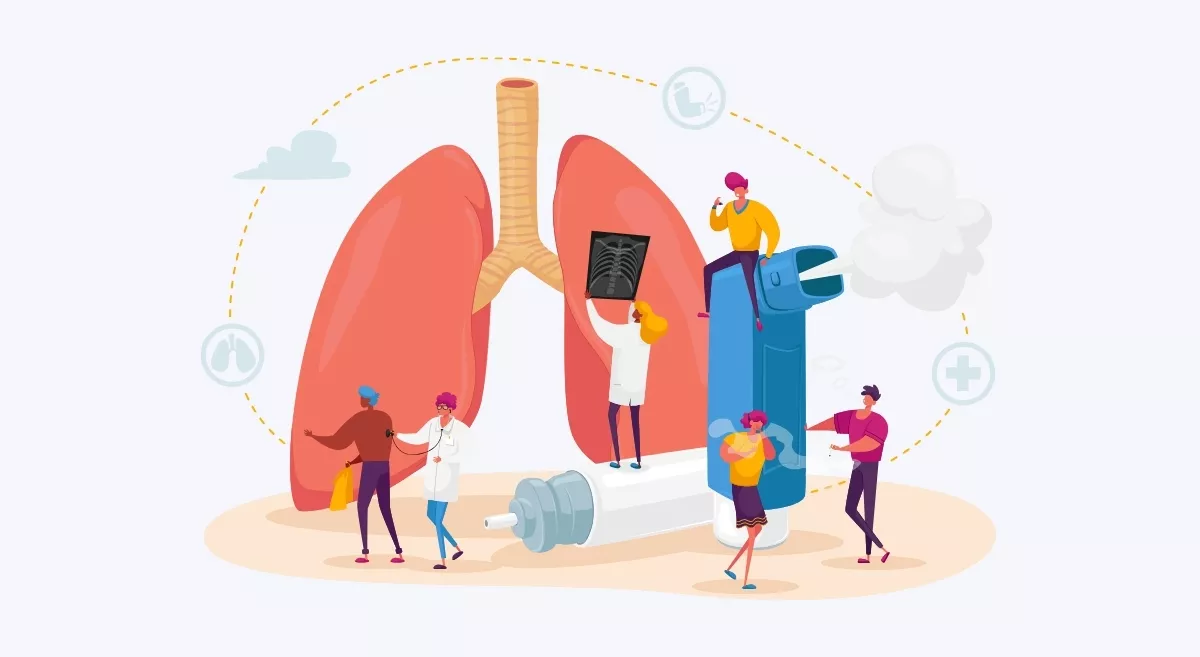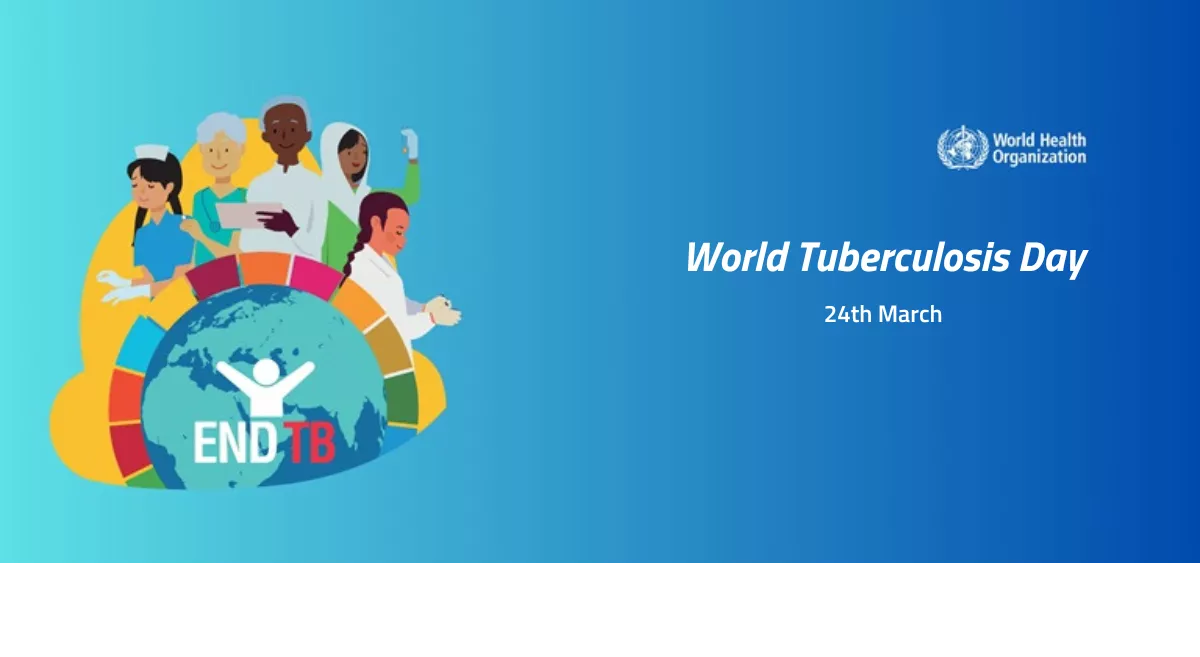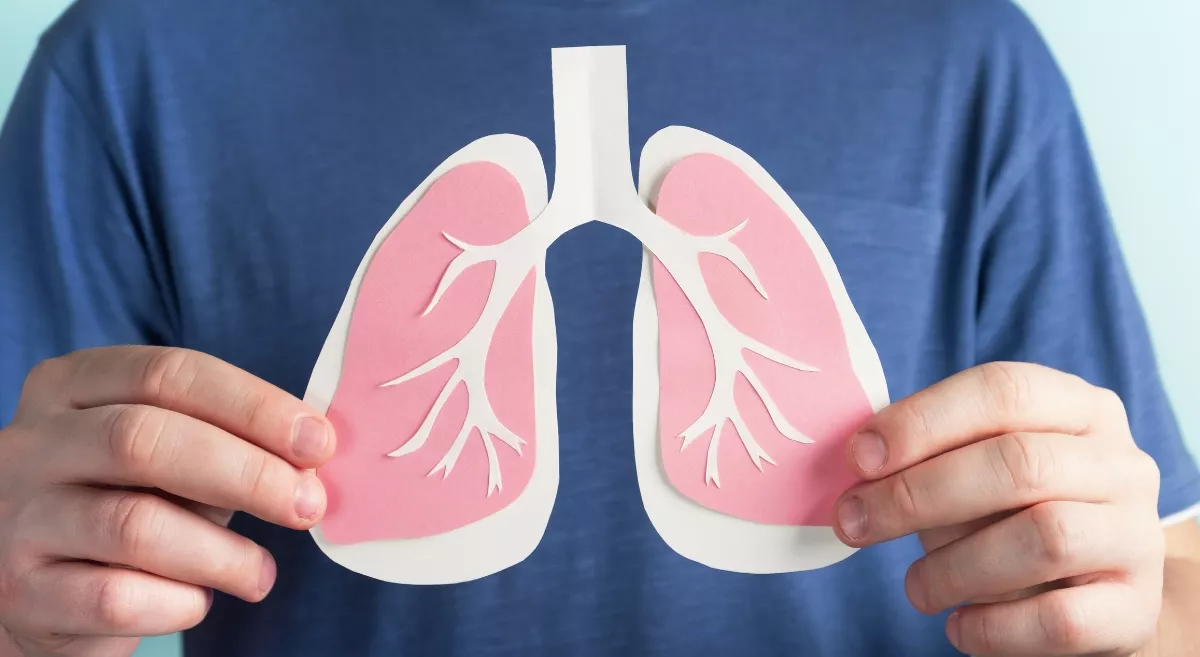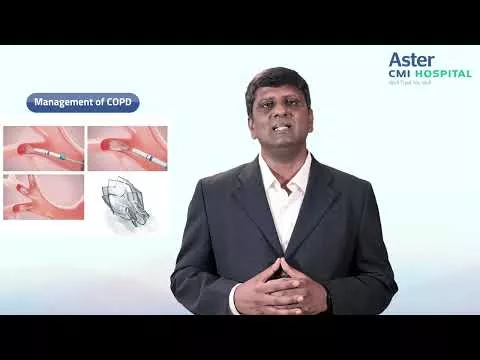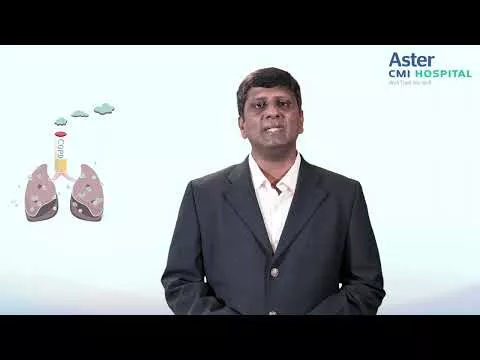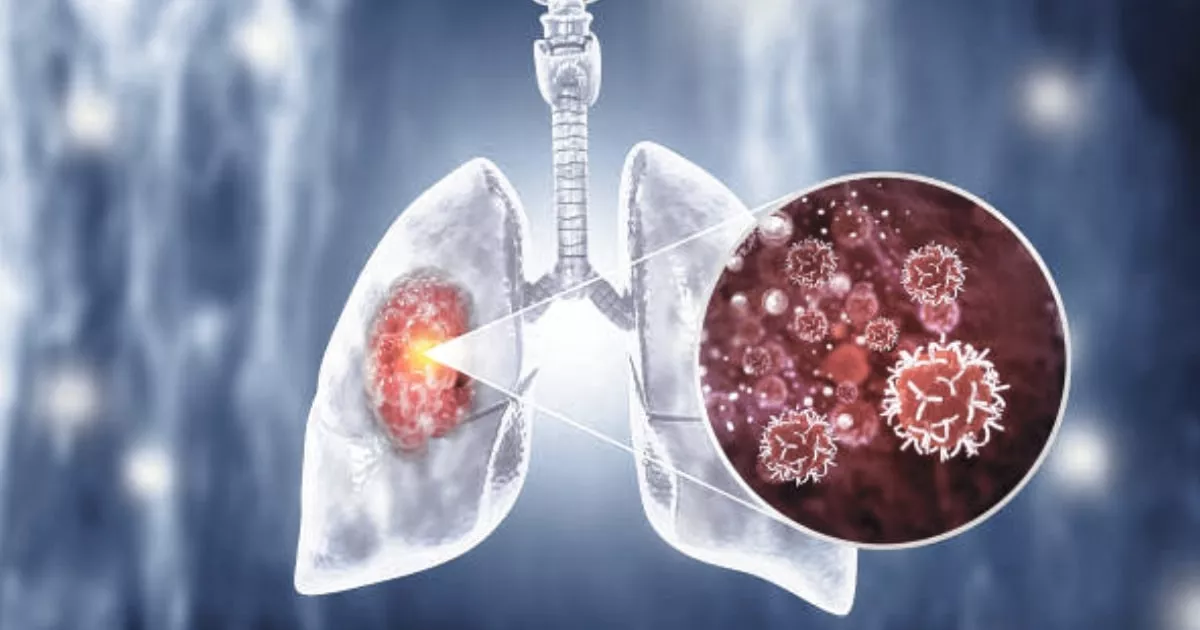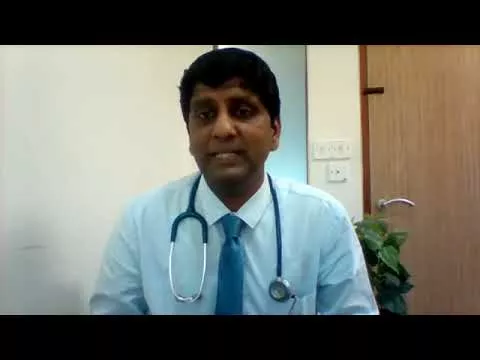Our lungs are the silent workhorses of our bodies, constantly taking in life-giving oxygen and releasing deadly carbon dioxide. These key organs, which are frequently overlooked, play an important part in our general health and well-being. Just as a car engine needs routine maintenance to perform effectively, our lungs require care and attention to function properly. Maintaining lung health is critical in India, where respiratory disorders are a major concern. Air pollution, smoking, and occupational dangers all endanger our lungs, increasing the risk of chronic obstructive pulmonary disease (COPD), asthma, and lung cancer.
Understanding Lung Health
Our lungs are two spongy organs separated into lobes that are located in the chest cavity. They are lined with millions of small air sacs known as alveoli, which exchange oxygen and carbon dioxide. When we breathe in, air enters our lungs via the trachea, where it branches into smaller bronchi and bronchioles before reaching the alveoli. The alveolar walls' thin barriers allow oxygen to penetrate into the bloodstream while carbon dioxide is evacuated through the airways.
Causes For Respiratory Conditions in India
Respiratory infections are among the top 10 causes of death in India, according to the World Health Organisation (WHO). COPD alone is thought to impact around 55 million individuals in India, while asthma affects about 23 million. The burden of respiratory disorders in India is increasing, with air pollution, smoking, and occupational dangers all playing a role.
● Air Pollution - Indoor and outdoor air pollution pose a substantial hazard to lung health in India. Indoor pollution, which is frequently produced by cooking emissions and inadequate ventilation, can aggravate asthma and other respiratory disorders. Outdoor pollution contains dangerous particles such as particulate matter and nitrogen oxides, which can damage the lungs and raise the risk of respiratory diseases.
● Smoking and Lung Health - Smoking is a primary preventable cause of mortality worldwide, and its impact on lung health is obvious. Tobacco smoke contains toxins that harm the sensitive tissues of the lungs, resulting in COPD, asthma, and lung cancer. Smoking also reduces the ability of the lungs to remove mucus and fight infections.
● Occupational Hazards - Exposure to work dangers such as dust, fumes, and chemicals can also lead to respiratory difficulties. Mining, construction, and manufacturing workers are particularly vulnerable.
Tips for Maintaining Healthy Lungs
Given the prevalence of respiratory disorders in India, it is critical to take preventative measures to preserve our lungs. Here are some helpful hints for keeping your lungs healthy:
● Balanced Diet - A balanced diet rich in fruits, vegetables, whole grains, and lean proteins provides our lungs with the nutrients they require to operate efficiently. Antioxidants, which are abundant in plant-based meals, aid in the fight against oxidative stress, which can harm lung tissue.
● Regular Exercise - Regular exercise not only strengthens the heart and muscles but also improves lung function. Aerobic exercises such as vigorous walking, jogging, and swimming build lung capacity and endurance. Breathing techniques like diaphragmatic breathing and pursed-lip breathing can help strengthen the respiratory muscles and increase airflow.
● Avoid Pollutants and Irritants - It is critical for lung health to limit your exposure to air pollution. Consider using a mask and staying indoors as much as possible during heavy pollution days. Smoking and secondhand smoke include toxic substances that hurt the lungs.
Raising Awareness of the Value of Healthy Lungs
Lung health is critical to overall well-being. They provide our bodies with the oxygen they require for energy generation, regulate blood pressure, and aid the immune system. Impaired lung function can cause fatigue, decreased exercise tolerance, and an increased risk of developing other health issues.
Knowing the early warning symptoms of respiratory issues can aid in early discovery and treatment. Coughing, shortness of breath, wheezing, and repeated chest infections are all symptoms that should not be disregarded. Regular check-ups with a healthcare practitioner can aid in the early detection of potential respiratory disorders. Early detection and treatment can improve outcomes and prevent problems.
The Role of Lung Transplantation
Lung transplantation is a potentially life-saving procedure for those with advanced lung disease who have exhausted all other therapeutic choices. One or both damaged lungs are replaced with healthy donor lungs during the procedure. Lung transplantation has made great progress in India in recent years, with multiple successful transplants performed around the country. Despite these achievements, lung transplantation in India confronts a number of hurdles.
One of the most difficult difficulties is a lack of donors. India has a pitiful organ donation rate of 0.52 donors per million people, compared to 36.07 donors per million in the United States. This donor shortage causes long waiting lists and limits the number of lung transplants performed each year. Another issue is the high expense of lung transplants. The surgery is costly, and many people are unable to pay for it. This lack of affordability further restricts access to lung transplantation, particularly for those from low-income families.
Lung transplantation is a life-saving option for those with advanced lung disease. Continued efforts to boost organ donation rates, broaden access to affordable treatment, and improve post-transplant management are critical to expanding the reach of lung transplantation and improving the lives of people with end-stage lung disease.
